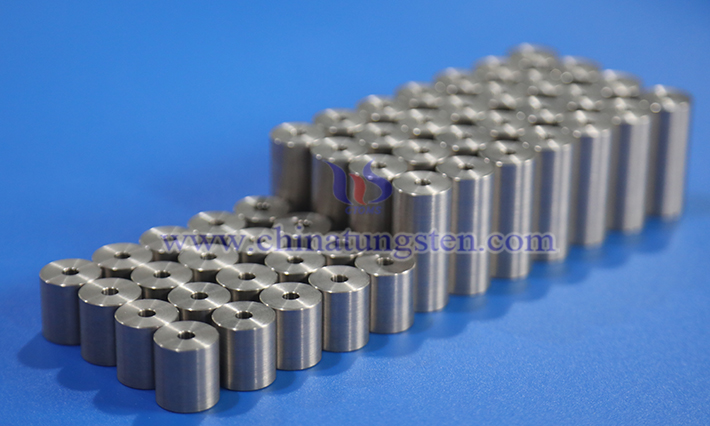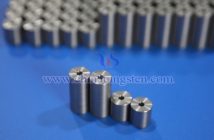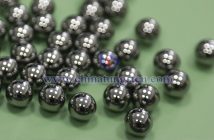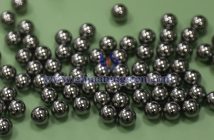Tungsten alloy weights, made primarily from tungsten with the addition of metals such as nickel and copper, are high-density metrology instruments and key tools in the field of mass measurement. They are used to calibrate electronic balances, platform scales, and other balances, and serve as standard components in laboratories and industrial quality inspections. Tungsten alloy weights exhibit the following key characteristics:

High Density: The most prominent feature of tungsten alloy weights is their high density, approaching pure tungsten's 19.25 g/cm3, far exceeding that of weights made from other materials.
Excellent Metrological Stability: Tungsten alloy weights offer good material uniformity and a dense internal structure with no significant porosity or impurities, ensuring even mass distribution and reducing measurement errors due to material inconsistency. With high hardness, their surfaces resist scratches, wear, or deformation during long-term use, maintaining calibrated mass values and significantly lowering the frequency of recalibration, thus reducing maintenance costs. Additionally, their low thermal expansion coefficient minimizes volume changes in temperature-fluctuating environments (e.g., industrial workshops or outdoor calibration settings), effectively preventing mass measurement errors caused by temperature variations.

Strong Environmental Adaptability: Tungsten alloy weights boast strong chemical stability, showing no reaction with air or water at room temperature, resisting rust and oxidation. They also exhibit moderate corrosion resistance to weak acids and alkalis, offering a longer service life compared to rust-prone iron weights. Their surfaces are easy to clean, with a dense, smooth texture that prevents the adhesion of dust, oil, or other impurities.
Customizability and High Safety: Tungsten alloy weights offer a high degree of customizability, allowing processing into various shapes (e.g., cylindrical, square, ring) and precision grades to suit diverse scenarios, from national metrology institute benchmark calibrations to industrial quality control inspections. Their safety surpasses that of lead weights, posing no significant harm to human health or the environment during processing, use, or disposal, aligning with modern environmental requirements.



